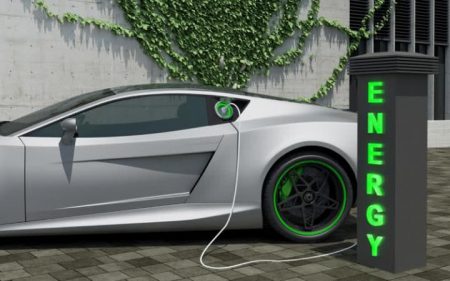Electric vehicles (EVs) are gaining popularity as car manufacturers strive to make them more affordable and accessible. The emergence of mid-range EVs such as the Chevrolet Bolt EV, Nissan Leaf, Hyundai Kona Electric, and Tesla Model 3 has lowered the prices on entry-level models. This trend raises the question of whether EVs will become more affordable in the future.
Experts speculate that increasing competition, government incentives, and the drop in raw material prices, particularly lithium and cobalt, may make EVs more affordable sooner than anticipated. Bloomberg’s New Energy Finance Reports suggests that by 2025, electric cars may cost less than traditional gas-powered vehicles. The advancements in battery technology, including the growth of solid-state batteries, have improved energy storage and reduced production costs, making EV batteries more efficient and affordable to manufacture.
Infrastructure also plays a significant role in reducing EV costs. A well-developed and easily accessible charging network alleviates range anxiety and boosts confidence in EV ownership. Vehicle-to-grid (V2G) technology allows EV owners to return unused electricity to the power grid, providing additional cost savings.
The used EV market also contributes to affordability. As early adopters trade up for newer models, a thriving second-hand EV market emerges. Savvy shoppers can take advantage of this market to purchase electric vehicles at a fraction of the cost of a brand-new one.
Governments worldwide are introducing attractive incentives and policy changes to encourage EV adoption.
Read more: EnergyPortal
It’s Time to Go Green!
If you would like to know more about Solar Panels and the PowerBanx range of home battery systems, and get a free instant quote, please complete our online form:


